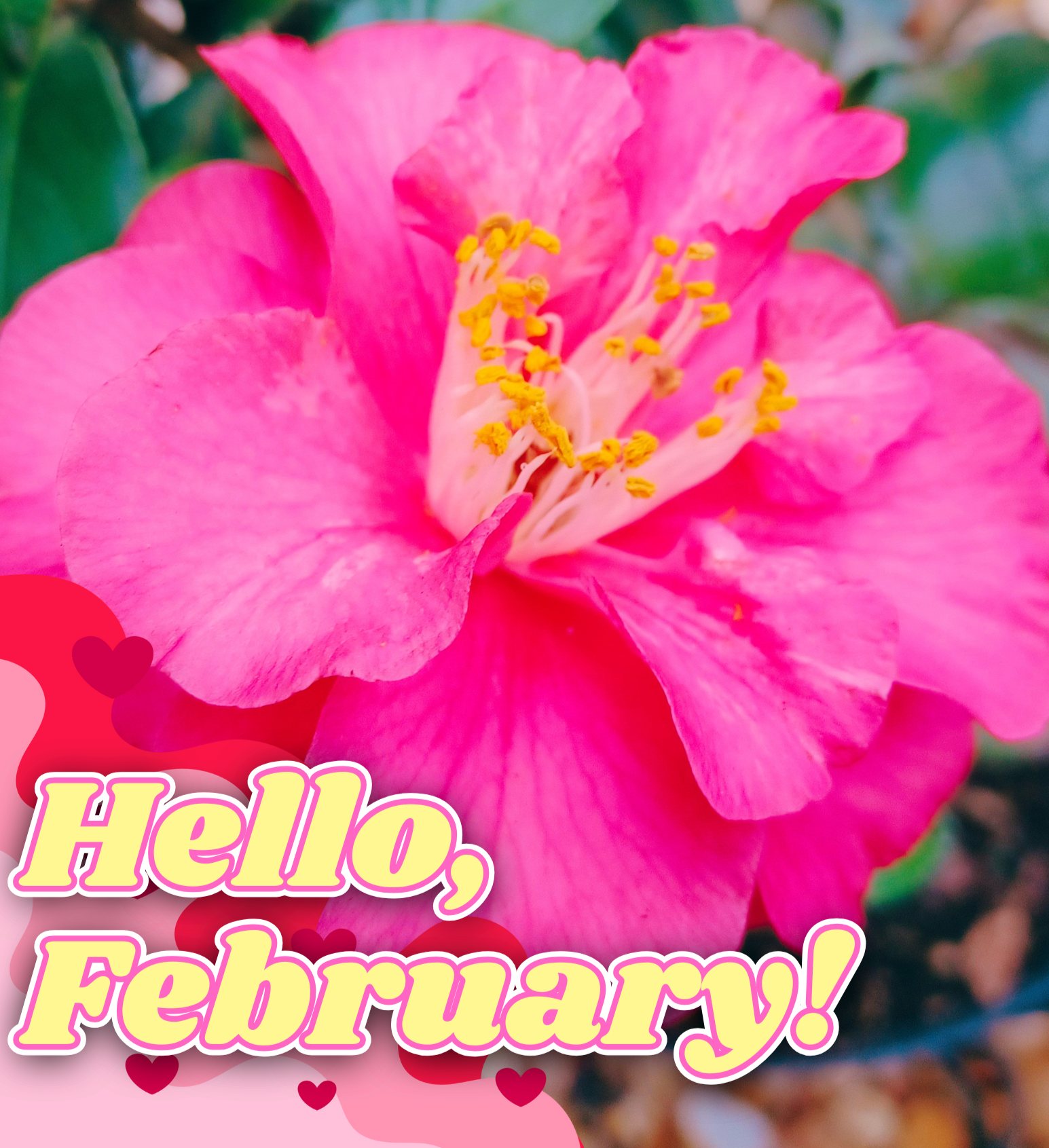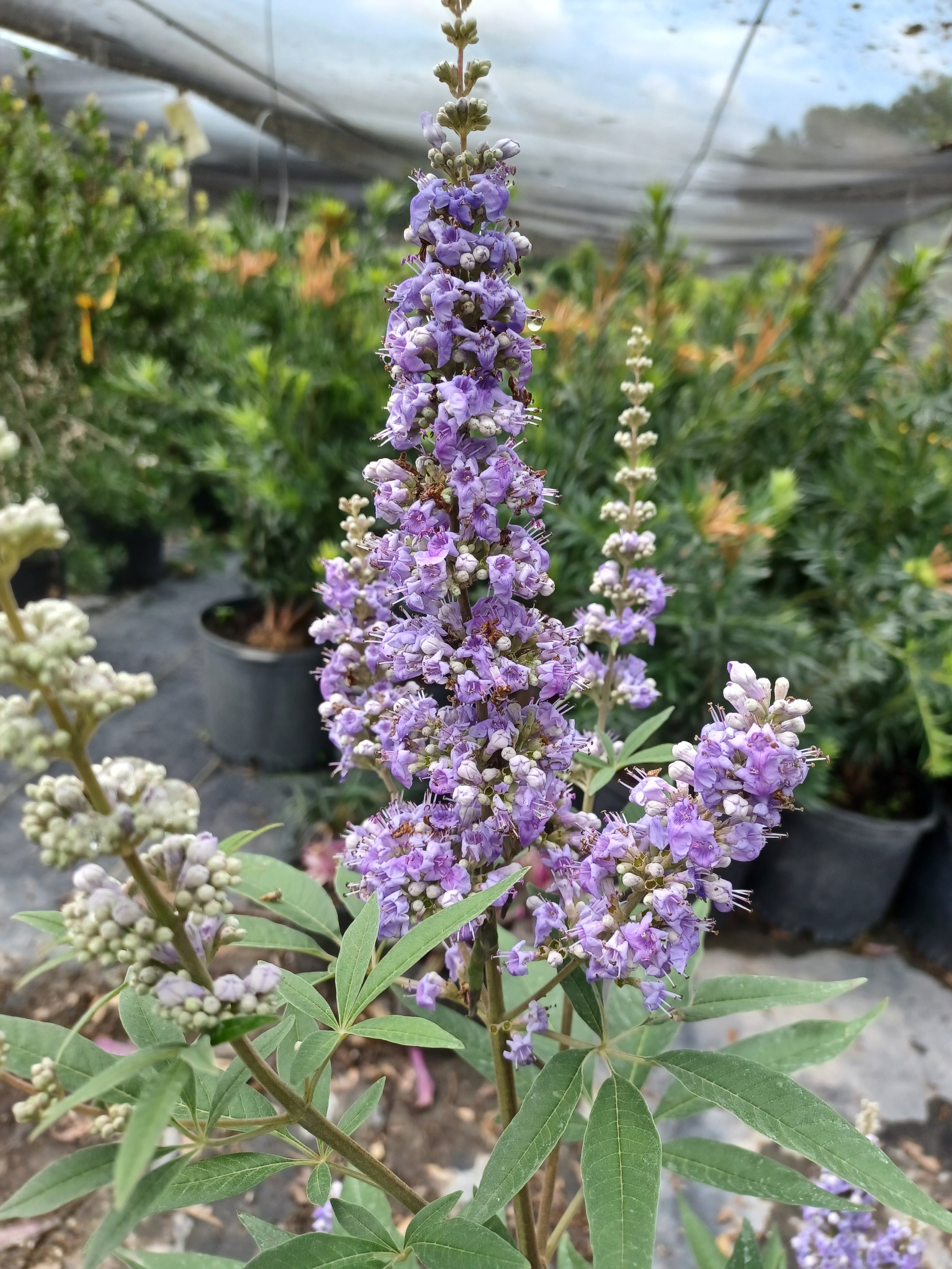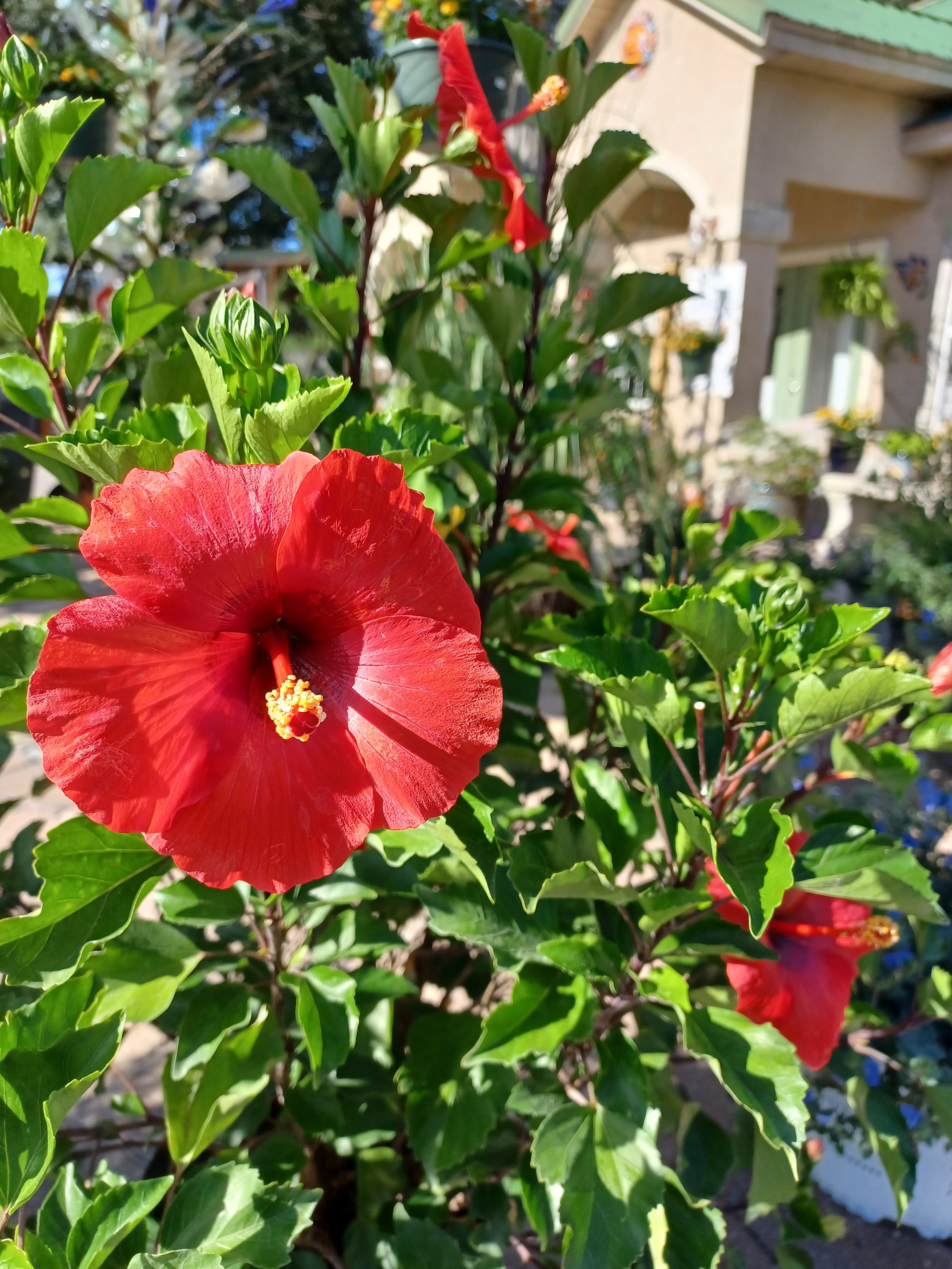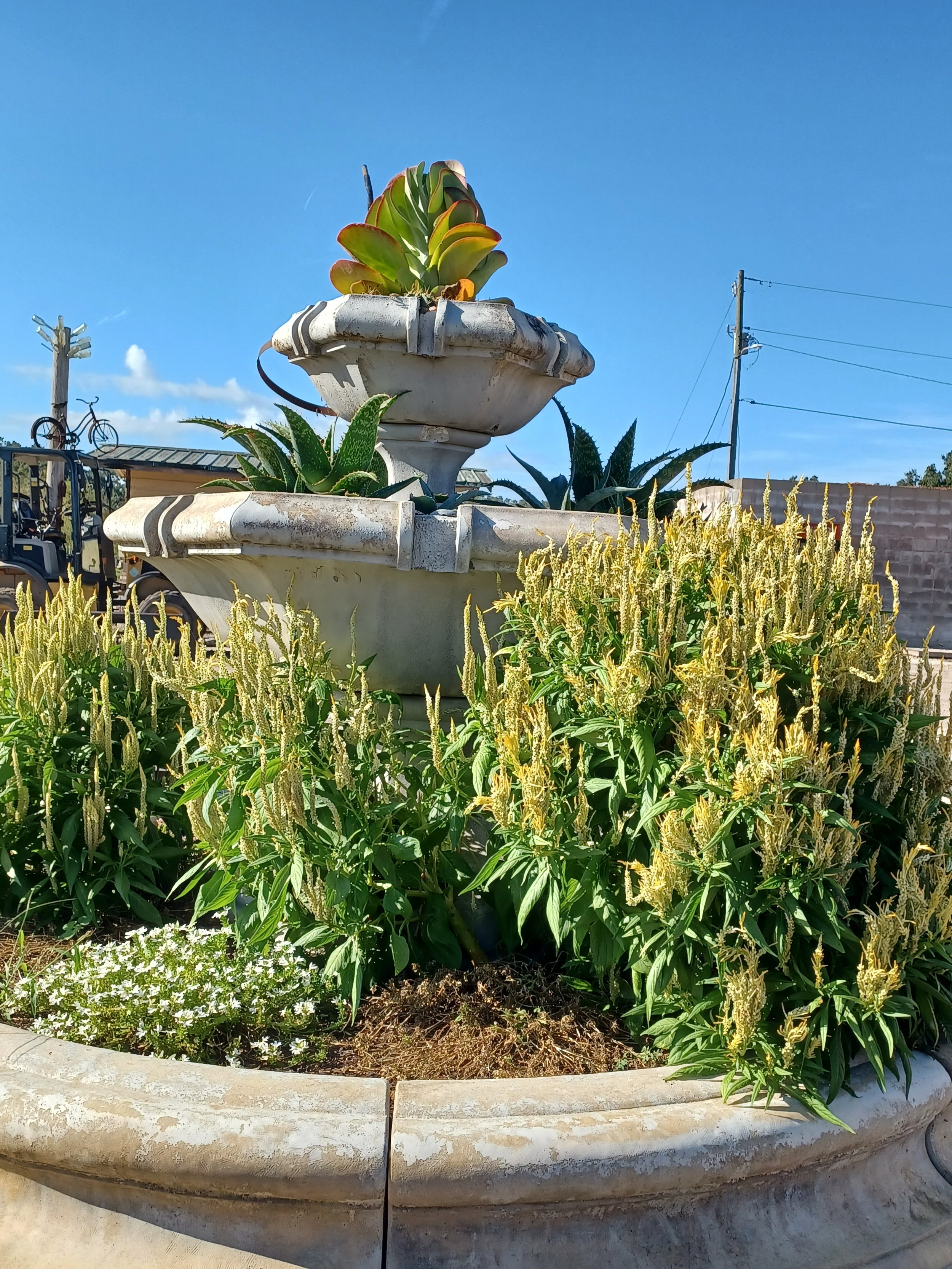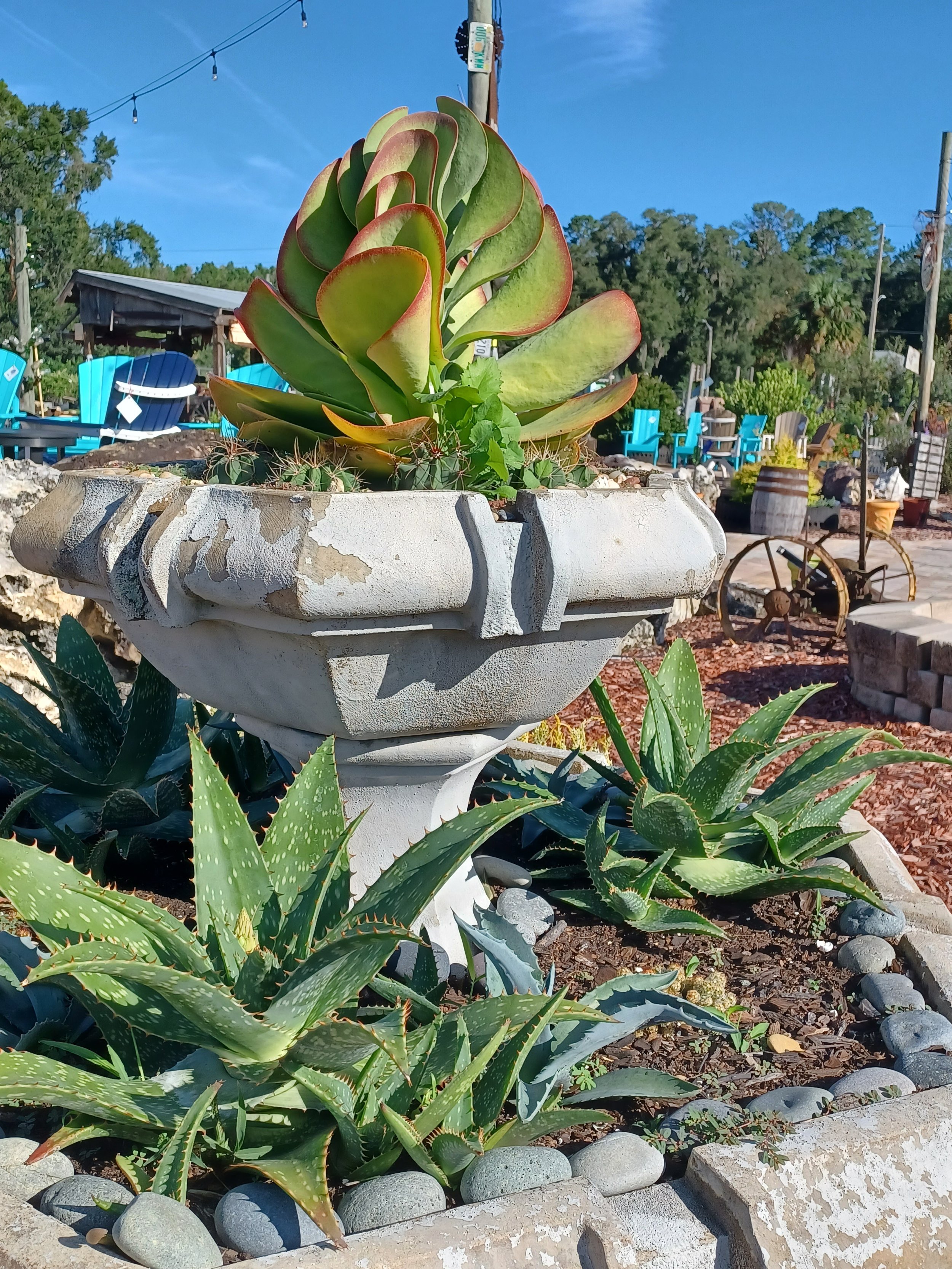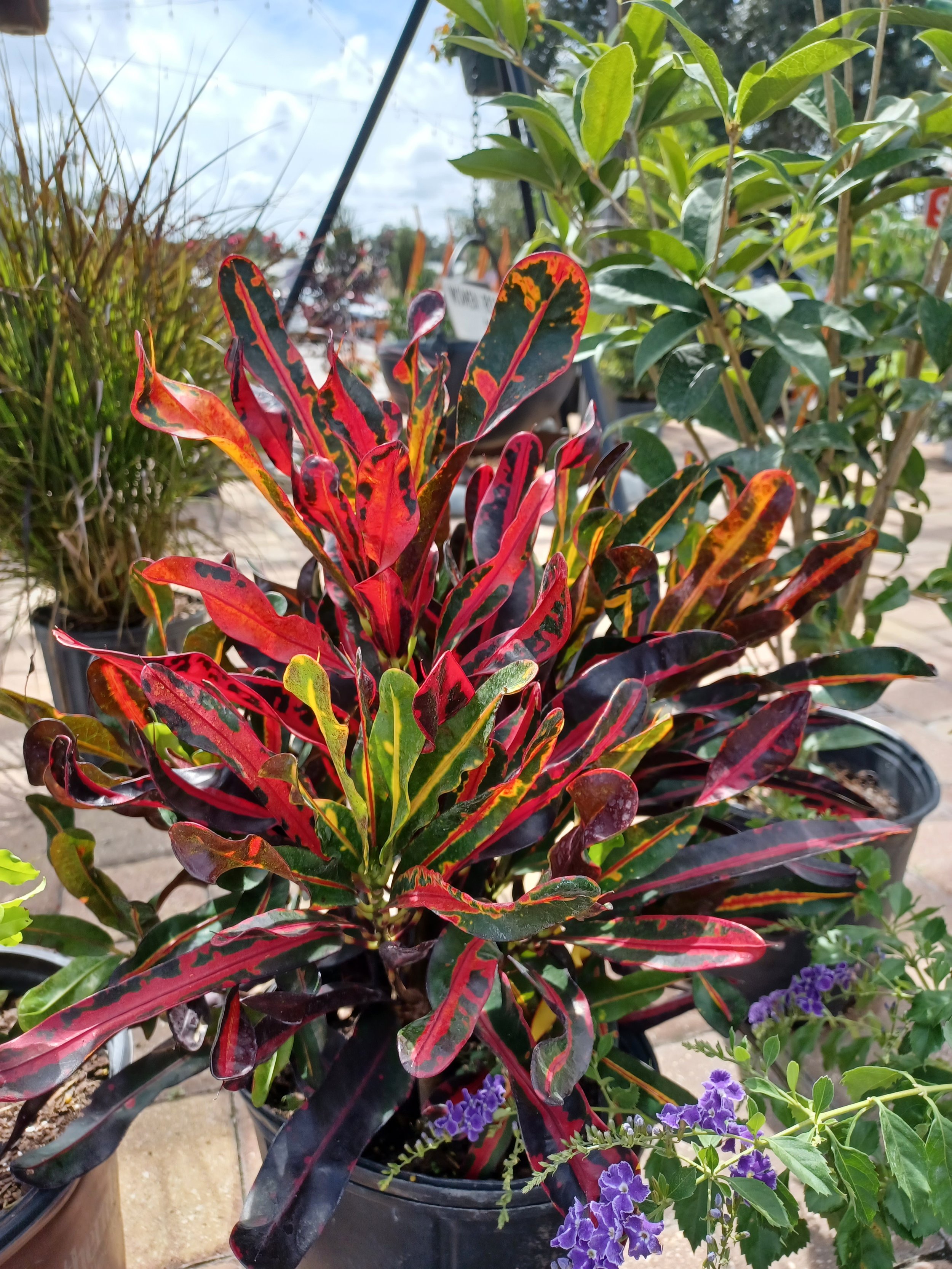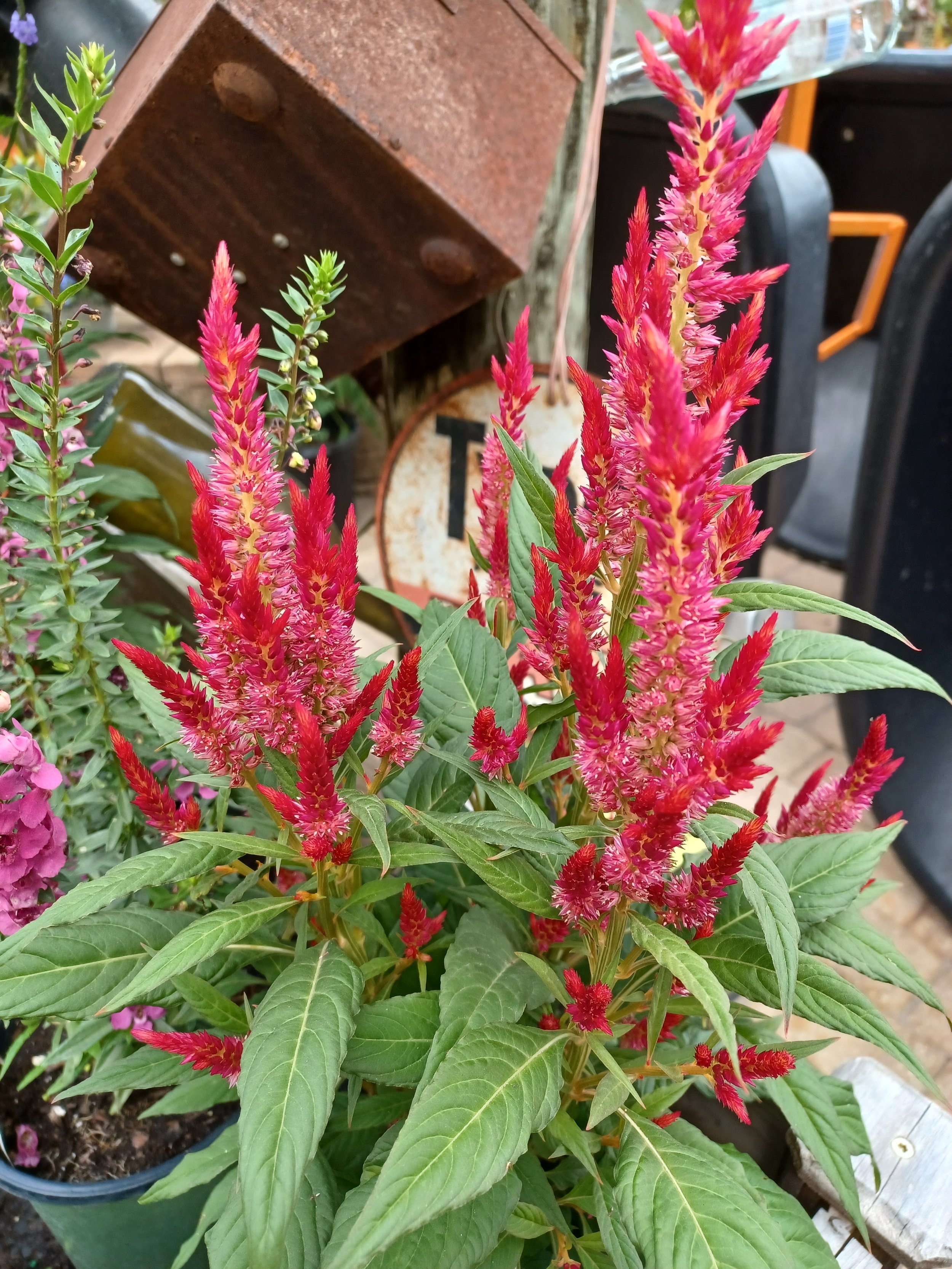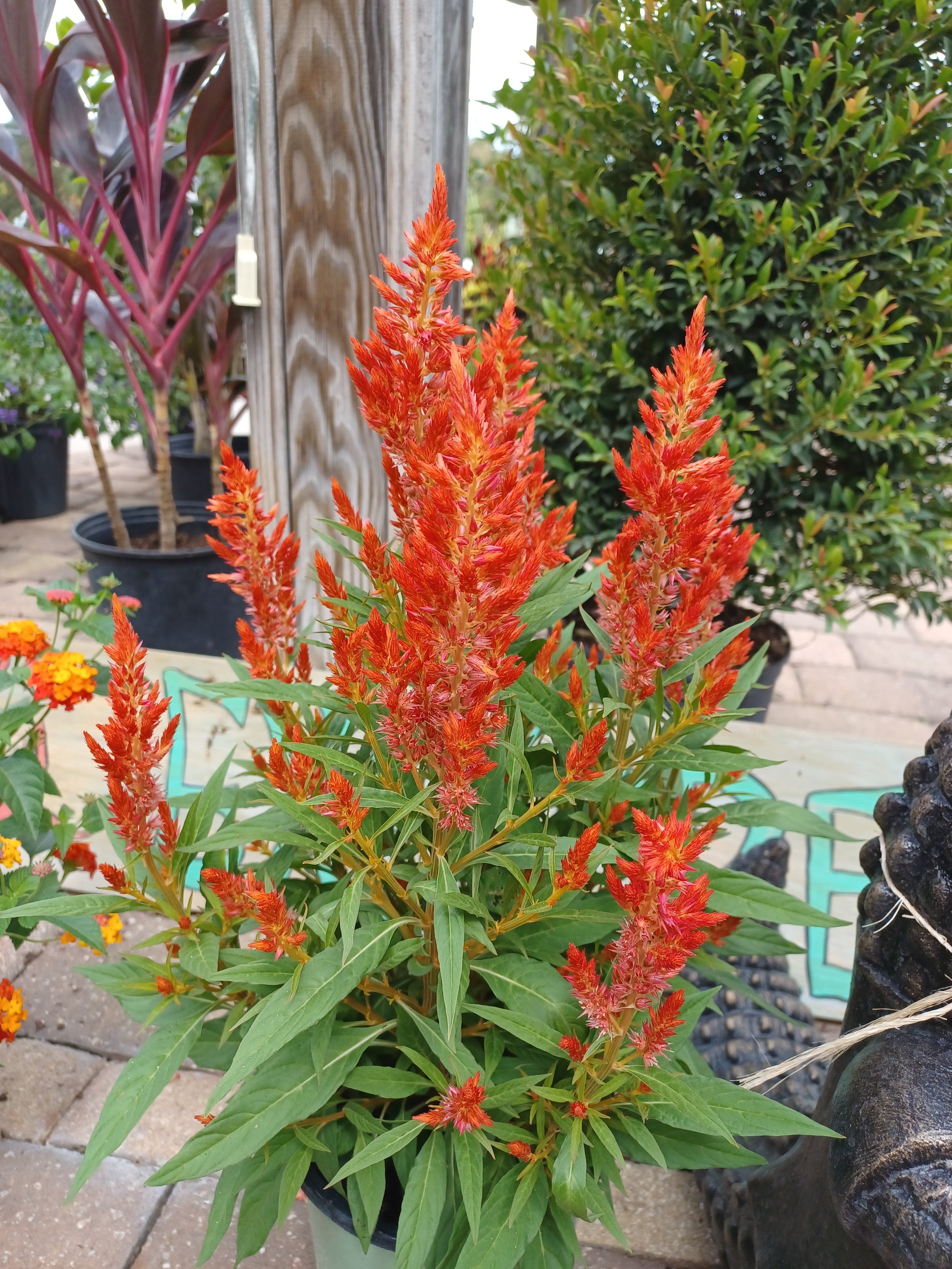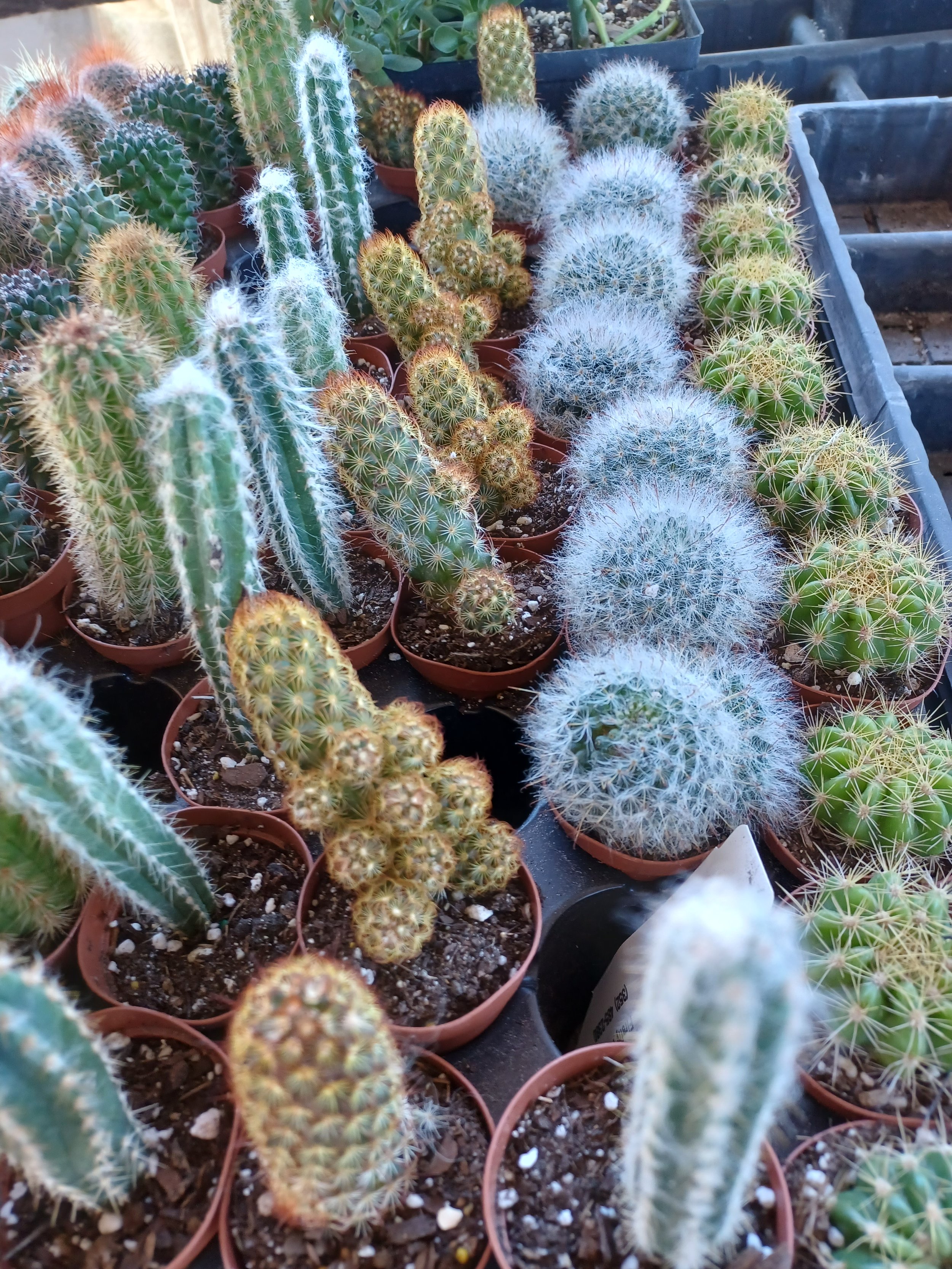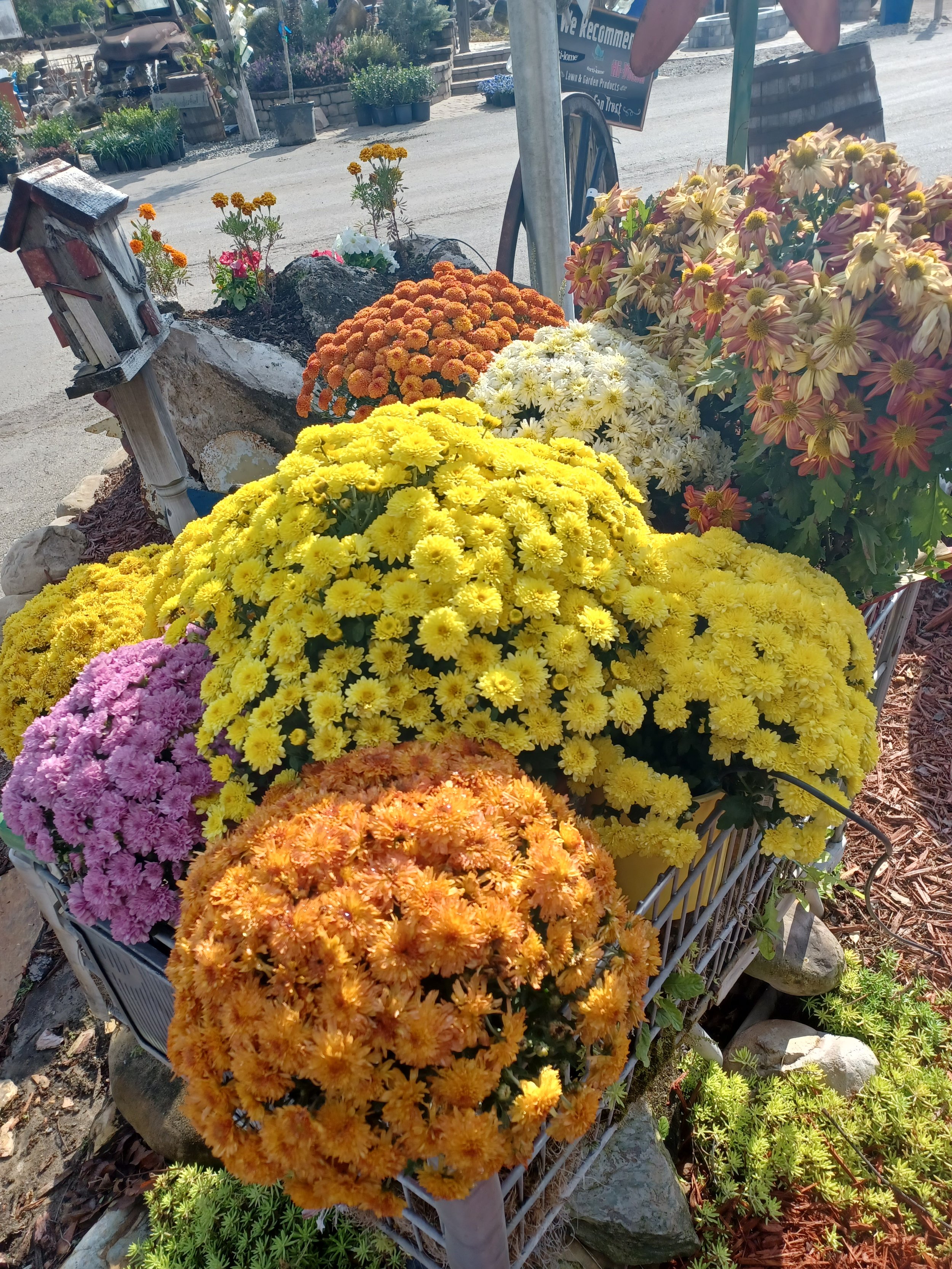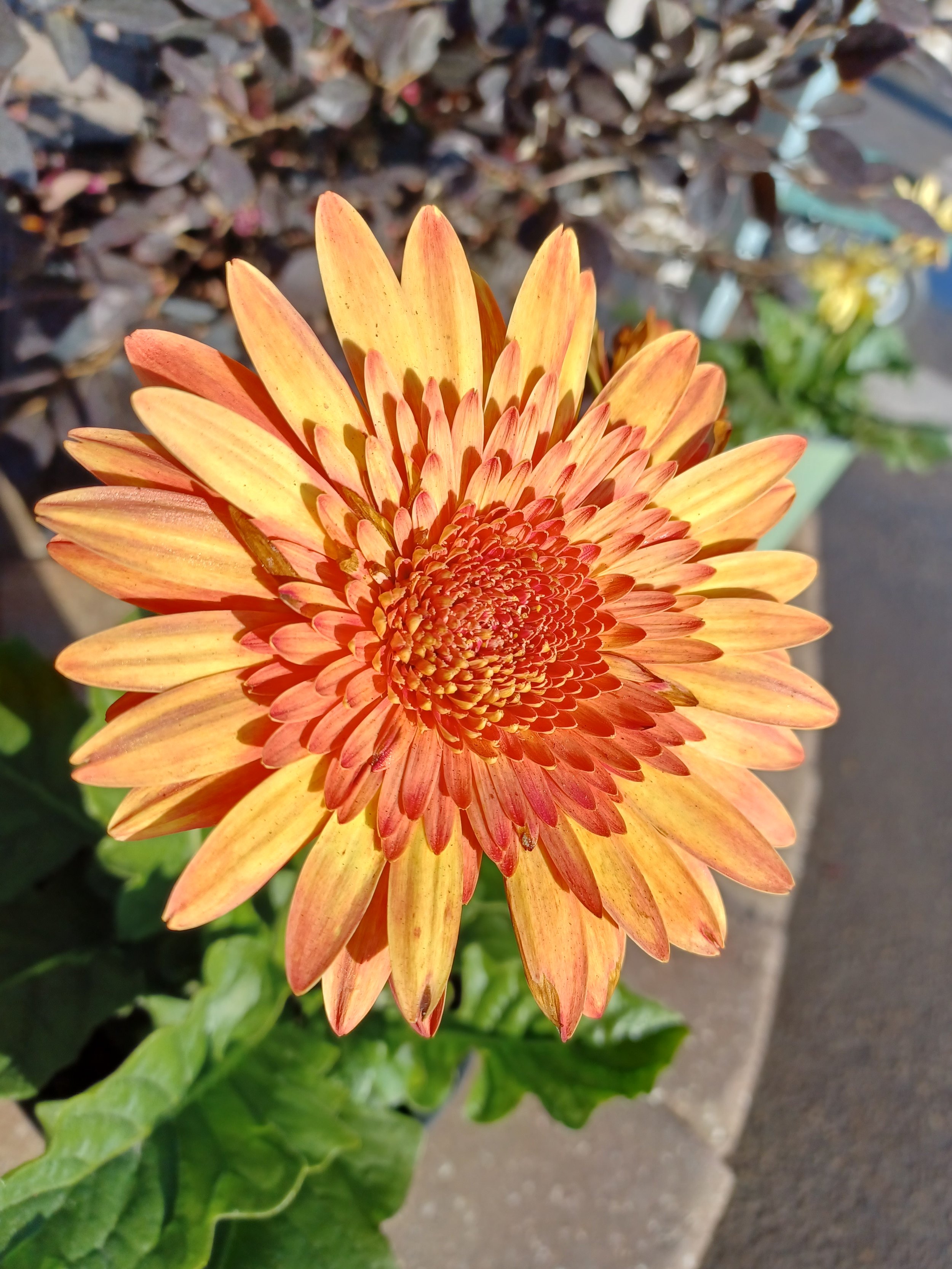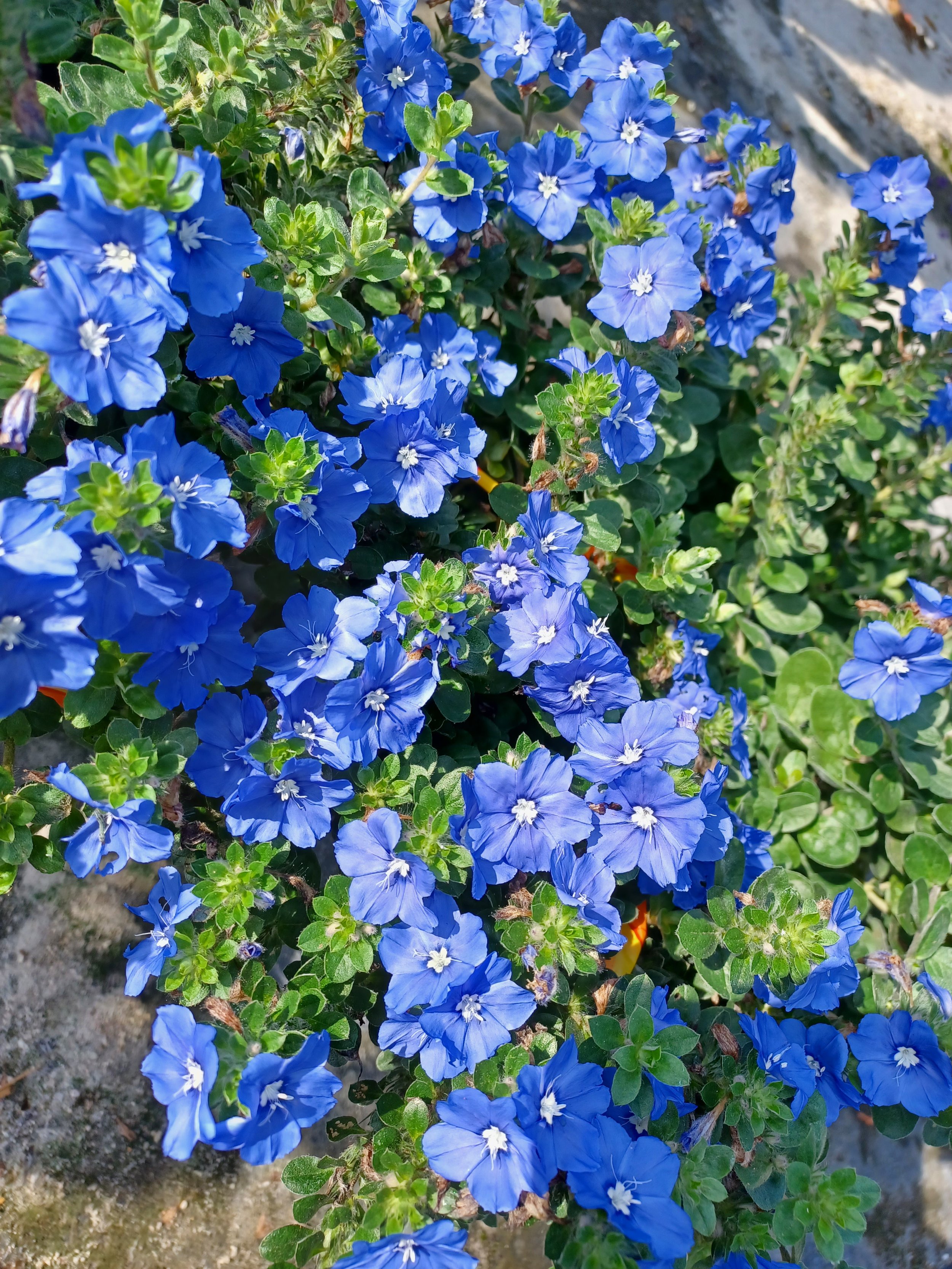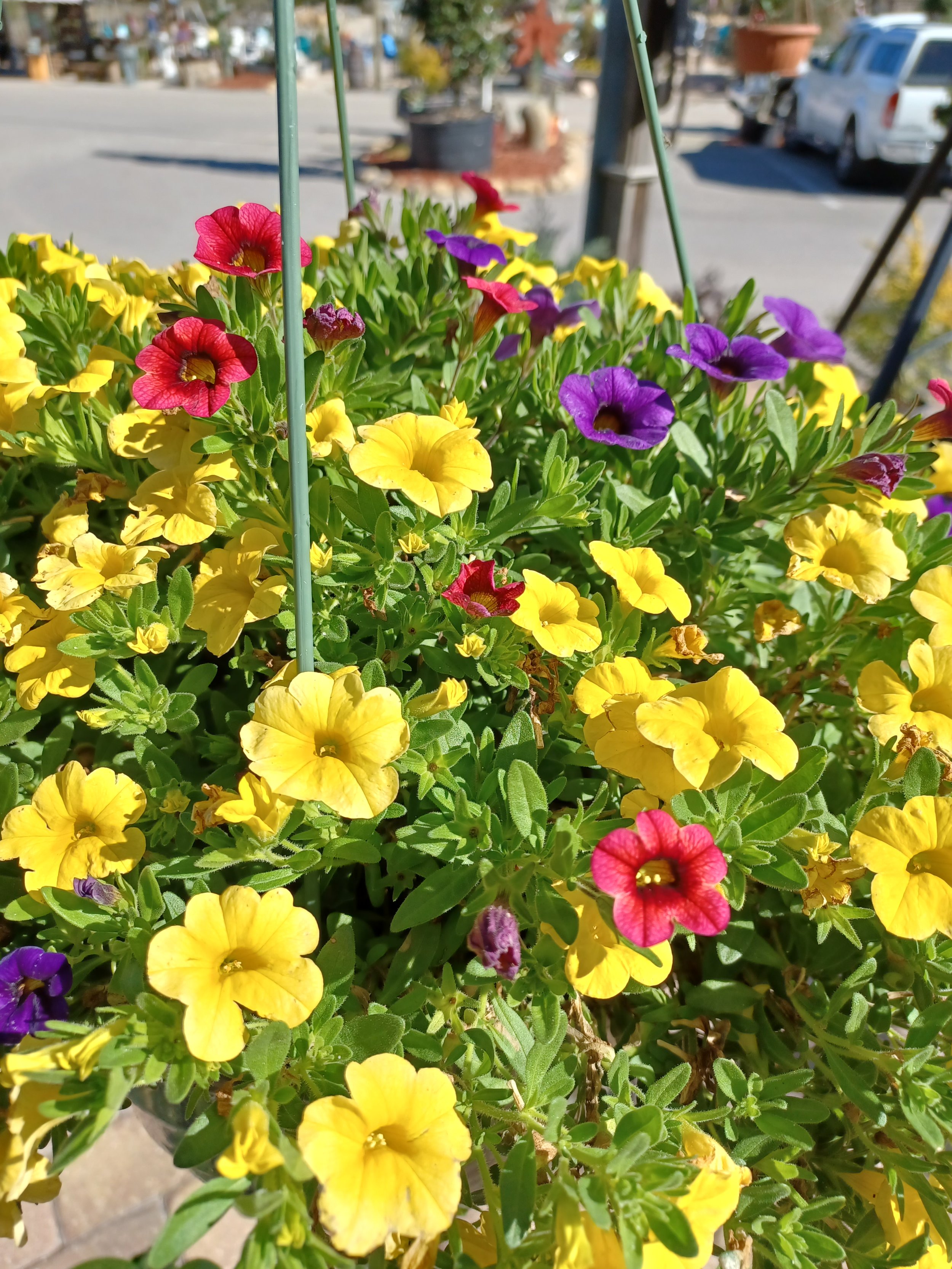🌿 Winter Tips for a Happy, Healthy Florida Garden 🌿
This “Florida Winter” is the perfect time to refresh, replant, and set your landscape up for a strong spring. Be weary of cold snaps - cover plants if needed.
🌱 Plant with Confidence
Winter is an ideal time to plant. Cooler temperatures help roots establish with less stress. Try Florida-friendly favorites like Firebush, Coontie, Coreopsis, Muhly Grass, Bottlebrush, and Pentas.
🥬 Winter Veggies Are at Their Best
With fewer pests and gentler weather, Winter is a peak season for vegetables. Great options include Lettuce, Kale, Broccoli, Cabbage, Carrots, Radishes, Beets, Onions, Spinach, and Herbs like Cilantro, Dill, and Parsley.
💧 Adjust Watering
Plants need less water in cooler weather. Water early in the morning, aim for deeper but less frequent watering, and always check soil moisture before watering.
🍂 Mulch
Refresh mulch (2–3 inches) to protect roots, retain moisture, and reduce weeds.
✂️ tidy Up
Pruning & cleanup are fine for now—save heavy pruning for late Winter or early Spring. Be weary of pests and check tender plants after cold nights. Remove only dead growth until the risk of frost has passed.
